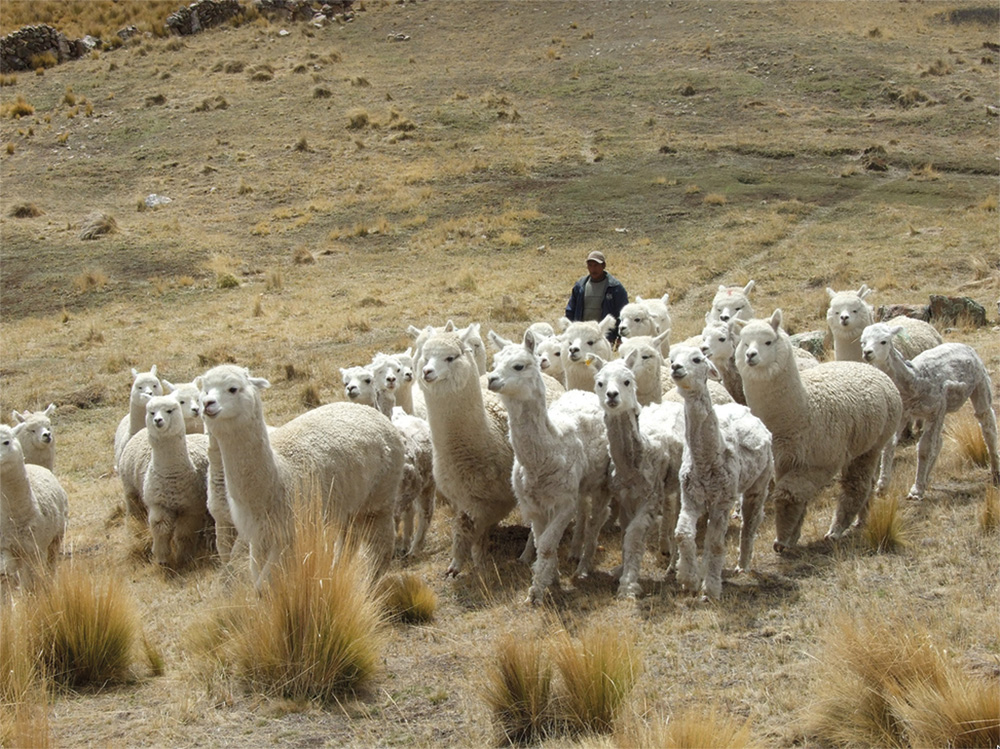Lao PDR Economic Monitor, April 2008
Lao PDR's economic outlook remains favorable, with continued strong growth. Gross domestic product (GDP) growth remained at above 7 percent in 2007. Output expanded in mining, newly emerging processing industries, agriculture, and new construction of hydropower projects, tourism and other services. Non-resource sectors contributed over 5 percent to this growth, and the resource sector around 2.5 percent.











